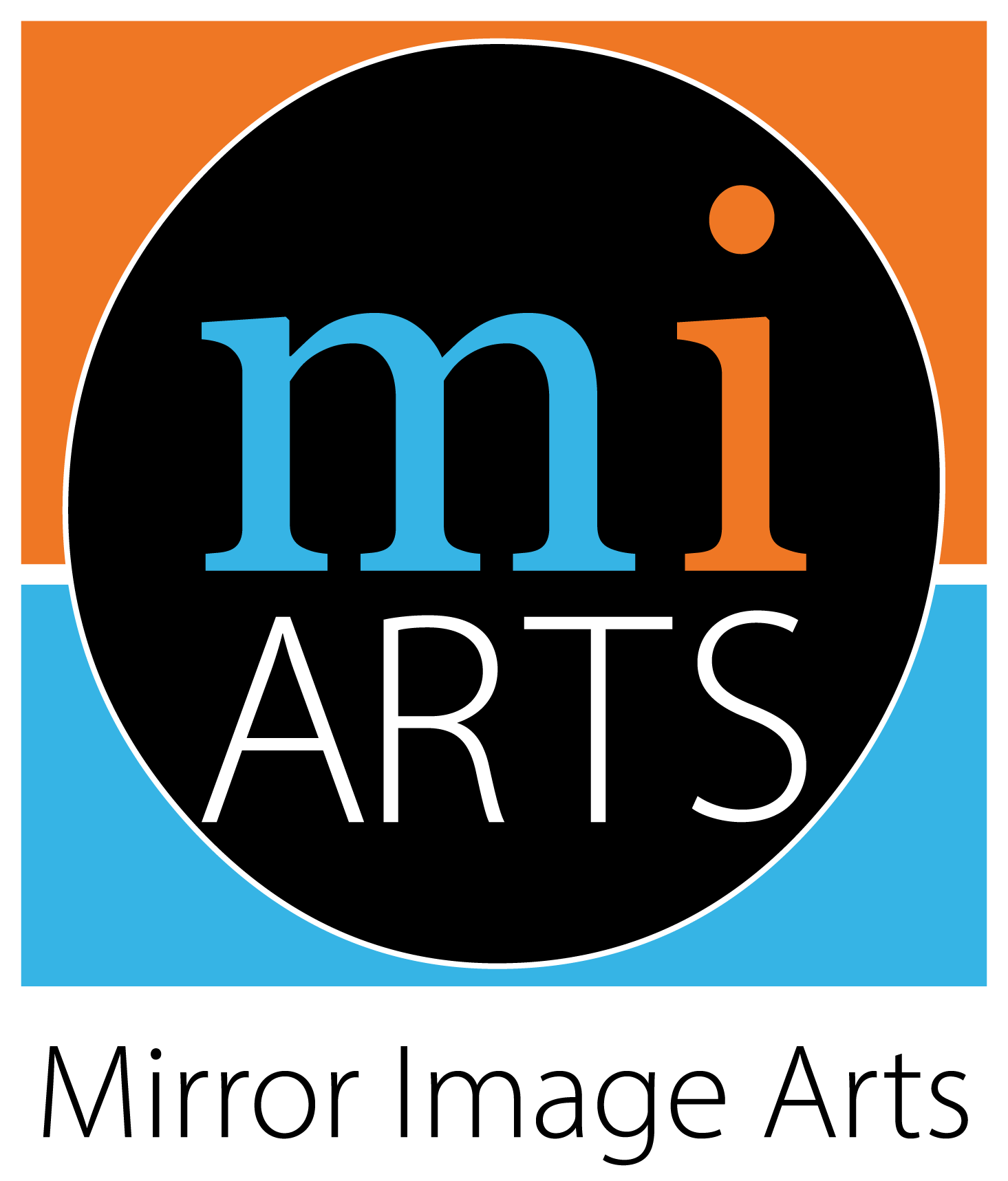
The Issue
Our Passion and Purpose are to disrupt the School-to-Prison Pipeline throughout the Greater Denver Metropolitan Area. The pipeline is a charged and complicated issue, affecting youth everywhere we operate.
Ensuring “safe” schools through Zero Tolerance Policies and increased police presence in public schools has led to minor infractions being treated as criminal offenses. The result is drastic, exclusionary punishment ranging from detention and expulsion to incarceration. Instead of disciplinary issues being addressed by schools, youth are interacting with the youth legal system.
Mirror Image Arts utilizes interactive theatre, positive youth development, and trauma-informed and restorative approaches. We work with youth (ages 7-21) in schools and juvenile detention centers. Through our work, we aim to give youth access to the arts while opening spaces for them to express themselves through play, imagination, and dialogue. To feel valued, seen, and heard. To be experts in their own lives and have the opportunity to make mistakes and come back stronger. To practice their resilience and their potential.
The Solution
A lack of social-emotional skills correlates with unfavorable outcomes such as low self-esteem, unemployment, divorce, poor health, criminal behavior, and imprisonment.
Several national reports, developed by prominent organizations such as the Carnegie Council on Adolescent Development Task Force and the Learning First Alliance, have recognized that “learning is possible only after students’ social, emotional and physical needs have been met. When those needs are met, students are more likely to succeed in school” (CASEL, 2004).
Schools that teach social-emotional learning (SEL) competencies such as self-awareness, self-management, relationship skills, and decision-making have been shown to foster student attachment to school and receptivity to learning. The factors are strongly linked to academic success (Blum, McNeely, and Rinehart, 2002; Osterman, 2000). Implemented correctly, SEL can significantly counter the risk factors that give rise to various unhealthy behaviors, including substance abuse, violence, bullying, and failure in school. At the same time, SEL can increase the capacity of all students to become “knowledgeable, responsible, caring, productive, nonviolent and contributing members of society” (Zins et al., 2001).
Research also indicates that “intellect and emotion are inseparable in meaningful and sustained learning. Brain research, for example, has demonstrated that . . . emotion [drives] attention, learning, memory and other important mental or intellectual activities” (McCombs, 2001). In other words, there can be no separation between emotions and learning during school hours or at any additional time. Theatre is the exploration of human emotions, motivations, and reactions, making it uniquely positioned as a tool for social-emotional learning (SEL). Research on young people demonstrates how activities and pedagogy associated with theatre education can support SEL growth through increasing belongingness, esteem, and self-actualization. For example, students who participate in a theatre class or program often feel a sense of belonging because they have shared experiences with other participants (Brym, 2006).
To support the social-emotional well-being of all youth, we have developed the following programs:
“Your Voice” – Theatre In School and After School
“Restorative Theatre” – Theatre In the Youth Legal System
“Rehearsal for Reality” – Theatre for Professional Development
